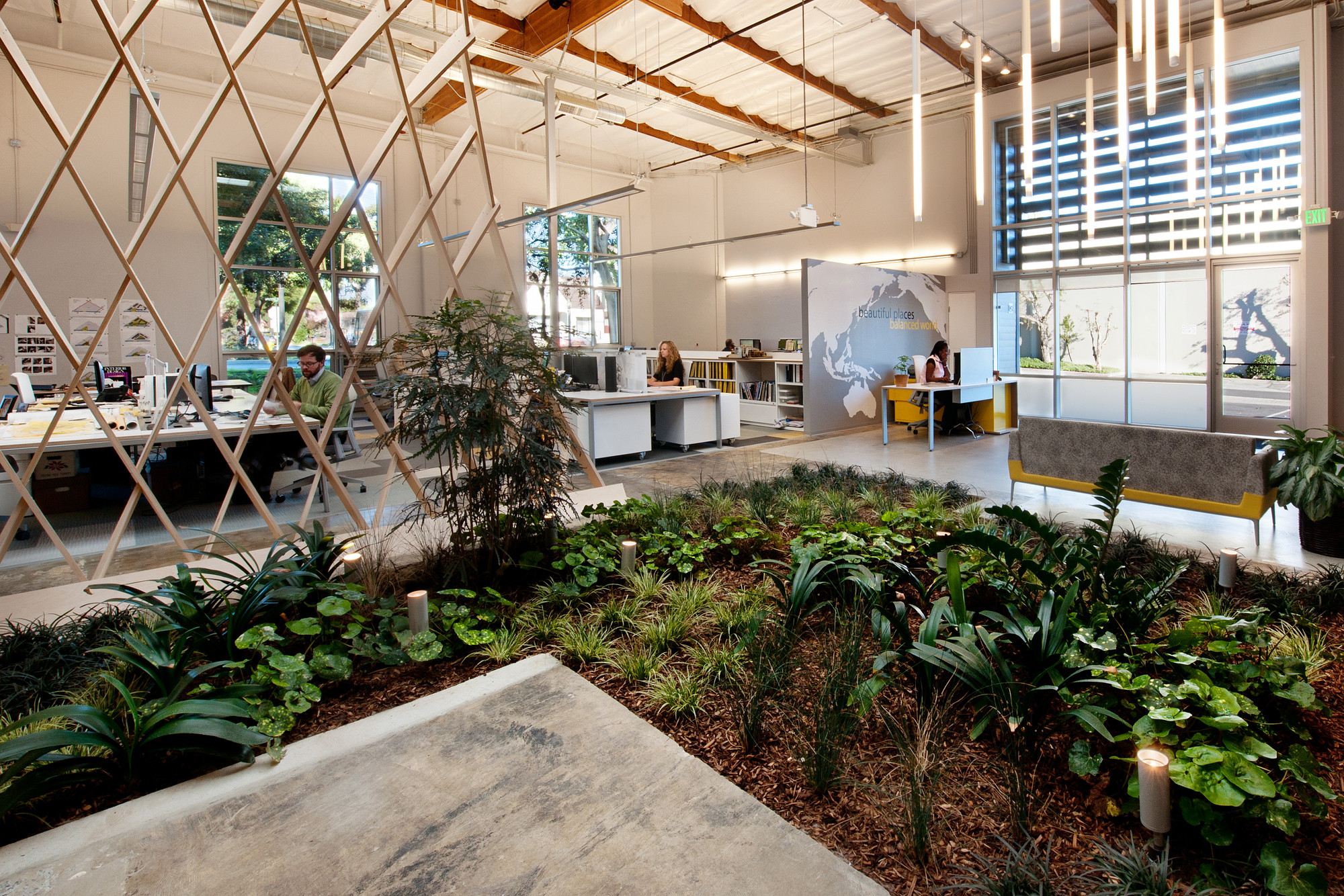1. What is a Garden Room?
A garden room is an outdoor structure designed to extend your living space beyond the walls of your home. Often built with materials that blend into the natural environment, a garden room can be used year-round, serving as a versatile area for relaxation, work, or entertainment. Unlike sheds, which are typically used for storage, garden rooms are built with comfort and functionality in mind, often equipped with electricity, heating, and even plumbing. This makes them ideal for anyone looking to create a tranquil retreat without sacrificing the conveniences of home.
Garden rooms come in various styles, from rustic wooden cabins to sleek, contemporary pods. They can be customized to suit a wide range of needs, such as a home office, an artist’s studio, or a personal gym. Because they are standalone structures, they offer privacy and a unique sense of escape, perfect for unwinding amidst nature. Whether you want a cozy reading nook or a sophisticated entertainment space, a garden room provides a flexible solution that enhances both your lifestyle and your property value.
2. Benefits of Adding a Garden Room
One of the most appealing aspects of a garden room is its ability to seamlessly integrate indoor and outdoor living. With large windows and open layouts, garden rooms allow you to enjoy the beauty of your backyard while staying sheltered from the elements. This can be particularly advantageous in regions with unpredictable weather, as you can still feel connected to nature without being exposed to rain or cold. Additionally, many garden rooms are designed with eco-friendly materials, making them an environmentally sustainable choice for homeowners.
A garden room can also increase the value of your home. Since it serves as an additional living space, prospective buyers may find it attractive, especially if it’s well-maintained and functional. Moreover, garden rooms are cost-effective compared to traditional home extensions. They require less construction work, which minimizes both time and disruption, allowing you to enjoy your new space sooner. Overall, investing in a garden room not only enhances your quality of life but also adds tangible value to your property.
3. Garden Room Design Ideas
When designing a garden room, it’s essential to consider how you plan to use the space. For a home office, you might prioritize comfortable seating, ample lighting, and soundproofing to create a productive work environment. If you envision the room as a wellness sanctuary, consider incorporating elements like yoga mats, aromatherapy diffusers, and natural materials to foster a calming atmosphere. You can even add skylights or bi-fold doors to maximize natural light and create a sense of openness.
For those who love to entertain, a garden room can be transformed into a cozy lounge or dining area. Adding a mini-bar, stylish seating, and ambient lighting can make the space feel inviting for gatherings with friends and family. You can also install outdoor heating or a fireplace to make it a year-round destination. By choosing furnishings and decor that complement your garden’s aesthetic, you’ll create a harmonious space that feels like an extension of your backyard paradise.
4. Practical Considerations for Building a Garden Room
Before constructing a garden room, it’s crucial to address several practical aspects, such as planning permission, materials, and utilities. In many cases, garden rooms fall under “permitted development,” meaning you won’t need planning permission as long as the structure meets specific criteria. However, it’s always wise to check local regulations to ensure compliance. Additionally, selecting high-quality materials will ensure that your garden room withstands the elements and remains functional for years to come.
Another essential factor to consider is insulation, especially if you plan to use the space year-round. Proper insulation will keep your garden room warm in winter and cool in summer, making it a comfortable retreat in any season. You’ll also want to think about utilities such as electricity and plumbing, depending on your intended use. Hiring professionals for these installations will ensure they are safe and up to code. With thoughtful planning and careful attention to detail, you can create a garden room that meets your needs and enhances your outdoor space.

